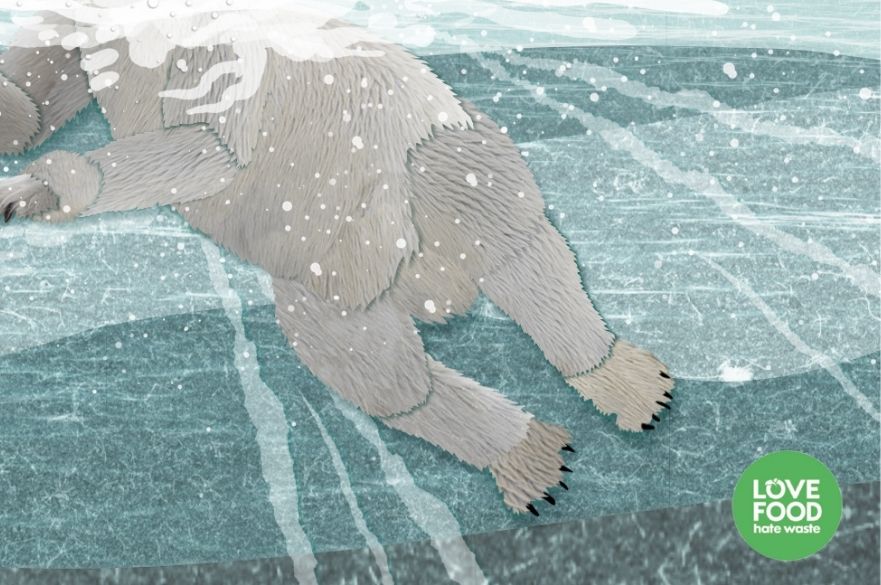Derby City Council unites with Food Waste Action Week to break the cycle
Published: 7 March 2022

Wasting food feeds climate change
UK’s second national Food Waste Action Week begins today, with Derby City Council joining as a partner. Derby City Council will be supporting Food Waste Action Week by raising awareness of the link between food waste and climate change
The second annual Food Waste Action Week begins today, Monday 7 March. It will raise people’s awareness of the huge impact of household food waste on climate change and share practical advice, food savvy behaviours and tips on how we can all easily reduce the food we waste in our homes.
We throw away 6.6 million tonnes of household food waste a year in the UK. This food waste is responsible for nearly 25 million tonnes of CO2 emissions, equivalent to 5.4% of the UK’s territorial emissions. The majority, 4.5 million tonnes is food that could have been eaten and is worth approximately £14 billion (or £60 a month an average family with two children). It requires an area almost the size of Wales to produce all the food and drink currently wasted in the UK.
Councillor Jerry Pearce, Cabinet Member for Streetpride and Public Spaces commented:
“Climate change is a near constant topic on the news and for some of us, it can seem like too much to think about or know how we can do our bit. The good news is that everyone can get involved with reducing their food waste which isn’t just good for the planet, it’s good for pockets too!This Food Waste Action Week, I’d encourage every resident to give just one little thing a go, that collectively, will make a huge change. Whether it’s making a meal plan and sticking to it or using your freezer better, these little actions soon add up to big reductions in CO2 emissions and lots of money saved.”
Love Food Hate Waste runs an annual survey of people’s habits and knowledge around food waste. This highlighted that 81% of UK citizens are concerned about climate change, but only 32% see a clear link with food waste. The survey helped to inform the theme of the Week and the development of materials to motivate people to act. This year, Love Food Hate Waste found that the public’s relationship with its freezers has become particularly frosty with many people not knowing how to safely freeze and defrost their food.
Sarah Clayton, Love Food Hate Waste, added:
“Getting to grips with freezing and defrosting are big factors in preventing food from going to waste at home. At a time of rising food prices alongside huge public concern about climate change, tackling food waste at home is one way we can all make a difference and save money. For the average family with children, the cost of binning food can be more than £700 per year. So, Food Waste Action Week is all about avoiding being savvy in how we store but then use our food.”
Love Food Hate Waste is keen to show that used properly, the freezer is the king of the kitchen. In fact, freezing and defrosting just three key meat items that are commonly not used in time (fresh chicken, bacon, and sausages) could reduce waste of those items by as much as 15,000 tonnes per annum. And, when it comes to defrosting, busy households can avoid a lengthy overnight defrost by using their microwave instead – as people use a toaster to defrost sliced bread from the freezer.
Working together, we can prevent food being wasted needlessly and protect the planet. Find out more about reducing food waste on our website.